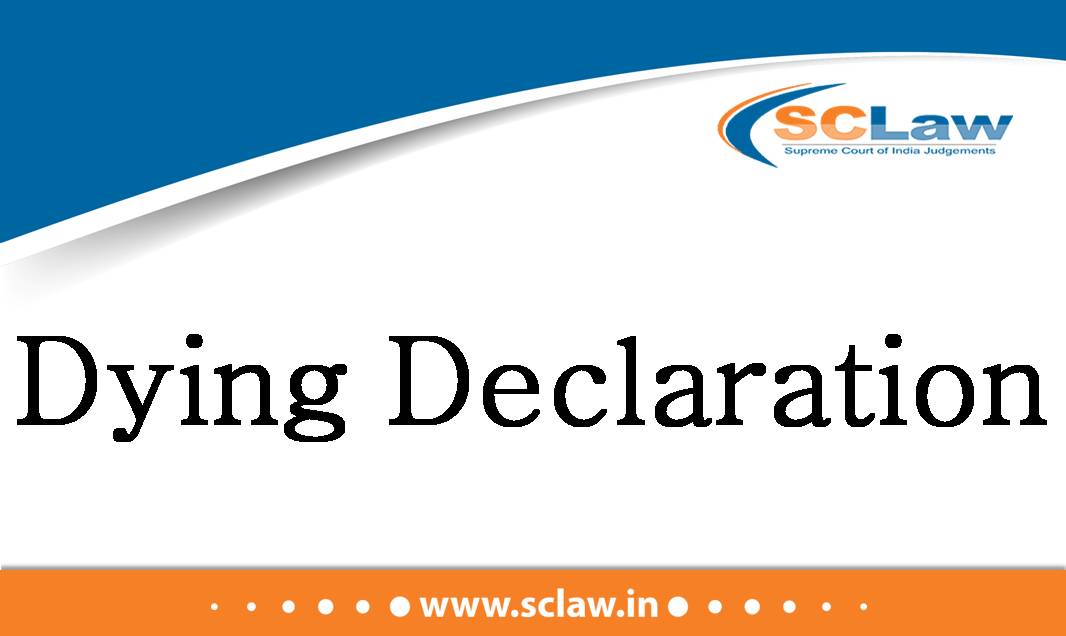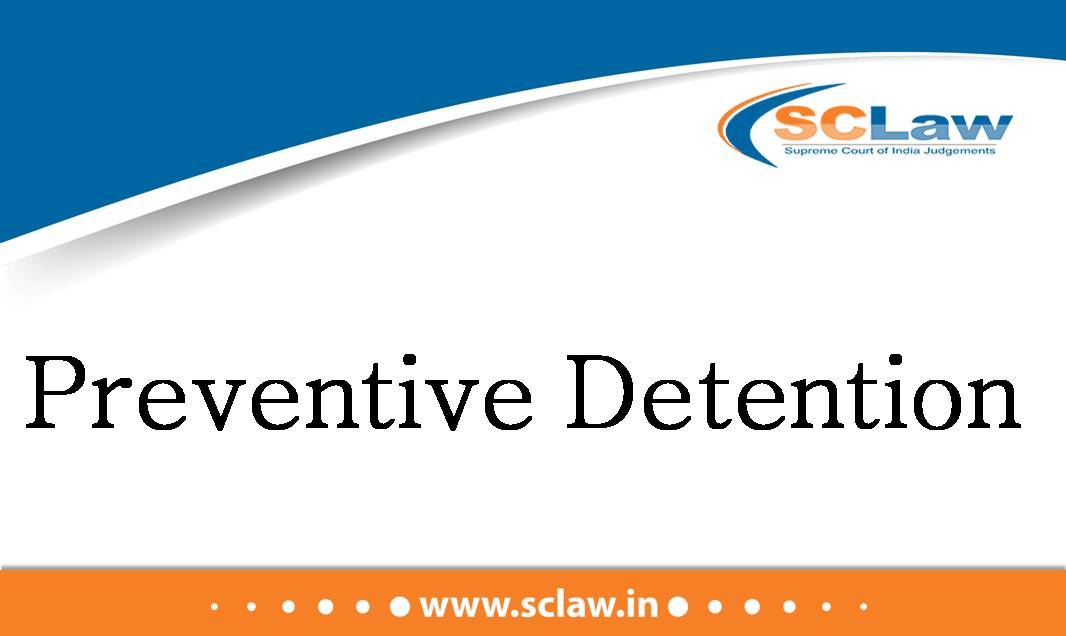Even if the case of later payments by the respondents to the appellants is accepted, the same being at great intervals and there being no willingness shown by them to pay the remaining amount or getting the Sale Deed ascribed on necessary stamp paper and giving notice to the appellants to execute the Sale Deed, it cannot be said that in the present case, judged on the anvil of the conduct of parties, especially the appellants, time would not remain the essence of the contract – Suit for specific performance dismissed
SUPREME COURT OF INDIA DIVISION BENCH ALAGAMMAL AND OTHERS — Appellant Vs. GANESAN AND ANOTHER — Respondent ( Before : Vikram Nath and Ahsanuddin Amanullah, JJ. ) Civil Appeal No.…








